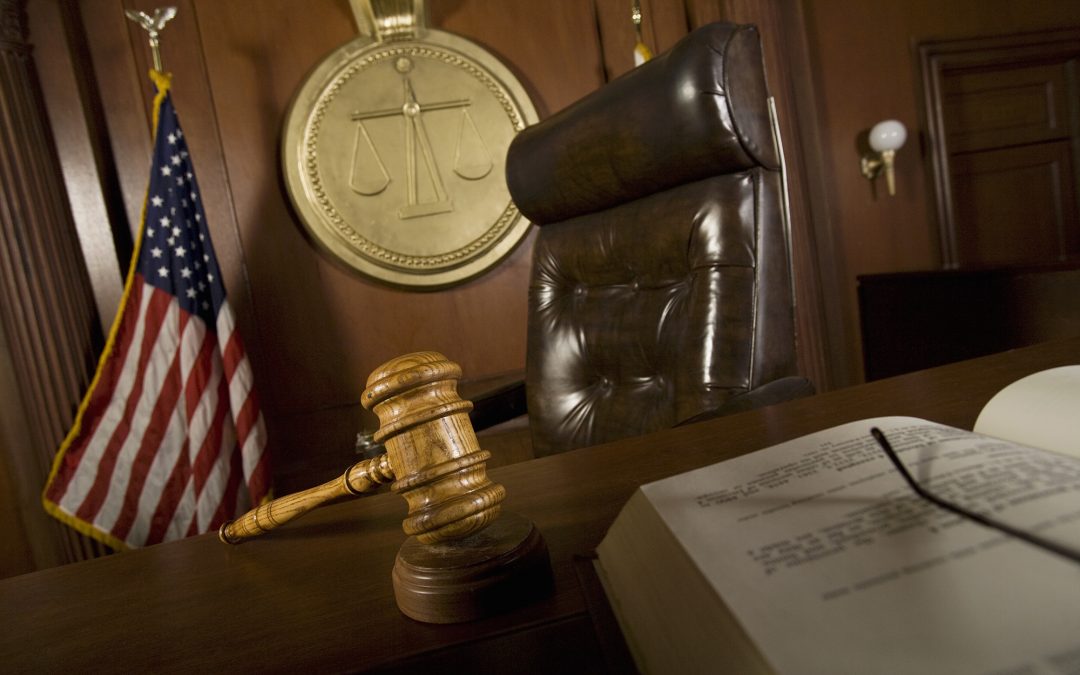
Patricia Briggs once said, “Hard truths can be dealt with and triumphed over, but lies will destroy your soul.” When it comes to civil papers and process servers, it is better to tell the truth rather than lie to make your story seem better. Lying on legal papers, whether it is verbally or written, is known as perjury. When it comes to legal papers, if you are found to have committed perjury it can have both civil and criminal ramifications, according to Legal Zoom.
There are only so many ways that someone can lie during civil processing. Some are outright obvious, while others are more subtle. Either way, it is better for you to tell the truth in each of these steps.
When Filing Your Service Papers don’t lie to make your story seem better. There are always two sides to every story, and if your’s is drastically different from the defendant’s there is going to be a problem. When communicating what you want papers served for, it is better to be honest. Even if your case isn’t filled with dramatic details, be honest.
According to the Federal Rules of Civil Procedure, Rule 11 requires all lawyers to take basic steps to confirm that their client actually has a real lawsuit — basically that they didn’t make the whole thing up. A few things can happen if the plaintiff is found lying. According to Quora, the defendant can write a letter to the plaintiff explaining that they violated Rule 11 and that they want to file a motion to the court. At this point it is up to the plaintiff to either remove the complaint or change their story. The responsibility then lies on the plaintiff’s lawyer to make the changes and investigate. If the changes are not made, then the motion will be filed and the judge will decide what happens next.
When being served by a process server it is recommended that you don’t lie about your identity to avoid the papers or try to completely avoid being served. According to Shelton Legal, the most common method of dealing with a defendant who is avoiding being served is to obtain an “alternative service.” This method does not require the defendant to actually receive the documents. Other methods could consist of the documents being posted to the defendants door, arriving in the mail or even being published in the paper. Many times the plaintiff is able to receive an “alternative service” by showing that they have done due diligence to have the papers served and each time it has failed.
The catch for serving a defendant via “alternative service” is that the same legal rules apply after the papers have been served. According to Shelton Legal, the defendant will have 30 days to respond, and if nothing happens in those 30 days then the judge will typically find you guilty of the civil complaint. Days can vary based on states. Evading a civil processor could find you guilty of a complaint you never even saw. It is much better to be in a situation where you can work with the Plaintiff and their lawyers rather than not being able to defend yourself.
As Patricia Briggs said, truths can be dealt with but lies will just destroy you. Especially when it comes to the justice system, lies will get you nowhere.
By: Christa Vandenburgh

